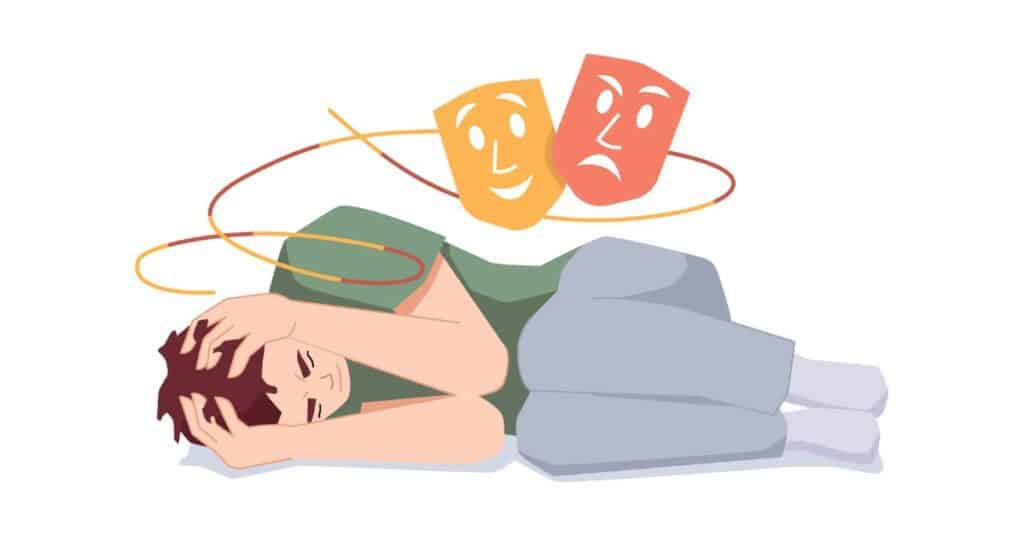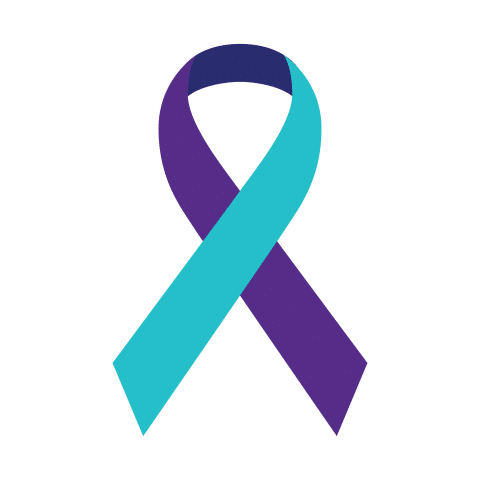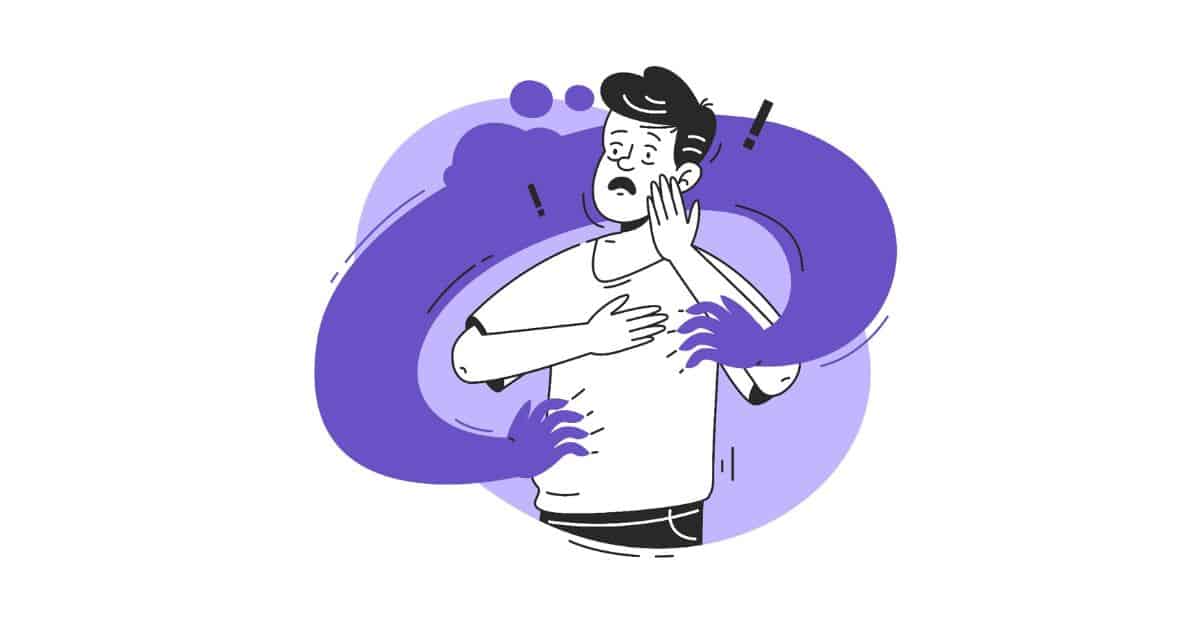
Borderline Personality Disorder (BPD) is a complex mental health condition that affects how individuals think, feel, and interact with others. It is often marked by intense emotions, unstable relationships, impulsive behaviors, and deep fears of abandonment (Mayo Clinic).
If you or a loved one struggles with overwhelming emotions, difficulty maintaining relationships, or self-destructive behaviors, you’re not alone. BPD is treatable, and with the right therapy and support, individuals can lead healthy, fulfilling lives.
Recognizing the Signs and Symptoms of BPD
Borderline Personality Disorder can impact many aspects of life, from personal relationships to emotional well-being. While symptoms vary, common signs include:
Emotional Symptoms:
✔ Intense mood swings lasting hours to days
✔ Chronic feelings of emptiness
✔ Difficulty controlling anger
Behavioral Symptoms:
✔ Impulsive or self-destructive behaviors (substance use, reckless spending)
✔ Self-harm or suicidal thoughts
✔ Rapidly shifting identity or self-image
Relationship Struggles:
✔ Intense fear of abandonment (real or perceived)
✔ Unstable relationships, often switching between idealization and devaluation
✔ Difficulty trusting others
BPD symptoms can feel overwhelming and unpredictable, but with the right treatment and support, individuals can learn coping strategies and improve emotional regulation (NIMH).
What Causes BPD? Understanding the Risk Factors
Genetics & Brain Chemistry
- Individuals with a family history of BPD or other mental health disorders may be more at risk.
- Studies suggest changes in brain structure and function, especially in areas controlling emotions and impulse regulation (Hopkins Medicine).
Childhood Trauma & Environment
- Many individuals with BPD have experienced early trauma, abuse, or neglect.
- Instability in childhood relationships, such as emotionally unavailable caregivers, may contribute to BPD development.
Co-Occurring Disorders
- BPD often occurs alongside depression, anxiety, PTSD, or substance use disorders.
- Treating both BPD and co-occurring conditions together leads to better long-term outcomes.
How BPD Affects Daily Life and Relationships
BPD doesn’t just affect emotions—it impacts work, friendships, and personal relationships. Many individuals struggle with self-worth, making it difficult to maintain stability in different aspects of life.
Emotional Instability & Self-Perception
Many people with BPD describe feeling disconnected from their sense of self. This can lead to:
- Rapid shifts in goals and values
Persistent feelings of worthlessness - Difficulty making long-term decisions
Work & Social Life Challenges
BPD can make stability in employment difficult due to:
- High stress reactivity in professional settings
- Trouble managing workplace relationships
- Emotional exhaustion and burnout
Relationship Struggles
- Fear of abandonment can make relationships intense and volatile.
- Small conflicts may feel emotionally overwhelming, leading to sudden breakups or push-pull dynamics.
💡 If you recognize these patterns, you’re not alone. There is hope—and help is available.
We Accept Insurance
Verify insurance coverage so you or your loved one can focus on the important part of the road to recovery. If you don’t see your insurance listed below, please give our team a call or submit an insurance verification form and someone on our team will get back to you.






What Are the Triggers for Borderline Personality Disorder?
Common Triggers for BPD:
✔ Fear of Abandonment – Real or perceived rejection can cause emotional distress.
✔ Interpersonal Conflict – Arguments or criticism may lead to intense emotional reactions.
✔ Feeling Ignored or Neglected – A lack of response from loved ones can trigger feelings of worthlessness.
✔ Uncertainty or Sudden Changes – Unexpected events or instability may increase anxiety.
✔ Reminders of Past Trauma – Situations or people that resemble past experiences can cause emotional dysregulation.
✔ Lack of Validation – Feeling unheard or misunderstood can intensify emotional struggles.
Effective Treatment Options In Huntington Beach for Borderline Personality Disorder
Dialectical Behavior Therapy (DBT)
- The gold standard for BPD treatment
- Teaches skills in emotional regulation, mindfulness, and distress tolerance
- Highly effective in reducing self-harm and impulsive behaviors
Cognitive Behavioral Therapy (CBT)
- Helps challenge negative thought patterns
- Supports building healthier behaviors and emotional responses
Trauma-Informed Therapy
- Addresses underlying childhood trauma
- Helps process painful past experiences in a safe environment
Medication Management
- Medications like mood stabilizers or antidepressants may help with co-occurring conditions
- Not a standalone treatment, but can be useful alongside therapy
Holistic & Mindfulness Approaches
- Yoga, meditation, and art therapy can help with emotional balance
- Encourages healthy stress management techniques
How Silver Lining Recovery Can Help with BPD
At Silver Lining Recovery in Orange County, CA, we specialize in compassionate, individualized care for individuals struggling with Borderline Personality Disorder and co-occurring conditions.
Our Approach Includes:
✔ Personalized treatment plans tailored to your unique needs
✔ Dual diagnosis support for BPD and addiction or other mental health conditions
✔ A safe and structured environment to help you regain stability
Take the First Step Toward Healing
If you or a loved one is struggling with Borderline Personality Disorder, help is available. At Silver Lining Recovery, we provide expert care in a compassionate, judgment-free environment.
📞 Call Now | 📩 Verify Insurance | 💬 Speak to a Specialist













